Neuroscience Research Reagents
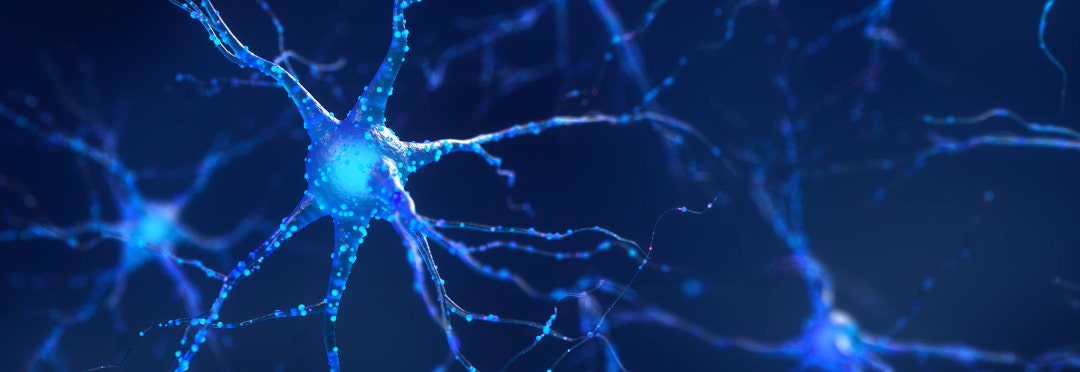
Over 55 million people worldwide are developing dementia and this number is expected to double by 2050. All the neurodegenerative disorders studies and associated pathways represent one of the biggest scientific challenges of today.
In this dedicated webpage you will discover how our large range of neuroscience assays can support your research into different neurodegenerative disorders, including:
- Alzheimer’s disease
- Parkinson’s disease
- ALS and FTD
- Huntington's disease
- Rare diseases
- Neuroinflammation
About neurodegenerative diseases
Neurodegenerative diseases occur when nerve cells in the brain or peripheral nervous system lose function over time and ultimately die:
- Risk factors
Although treatments may help relieve some of the physical or mental symptoms associated with these diseases, there are currently no therapeutics to slow disease progression and no known cures. Revvity offers a wide panel of neuroscience immunoassays to help you in your research.


Alzheimer’s disease
Dive deeper into alzheimer’s disease.
Dive deeper into alzheimer’s disease.
Proteinopathies are correlated to neurodegenerative diseases leading to abnormal accumulation of misfolded, hyperphosphorylated, and aggregated proteins. These protein inclusions within neurons represent the primary hallmarks of major disorders such as Tau and amyloid-β proteins in Alzheimer’s Disease.
We provide a large selection of life science assays to quantify these biomarkers that represent the key signatures of neurodegenerative diseases.
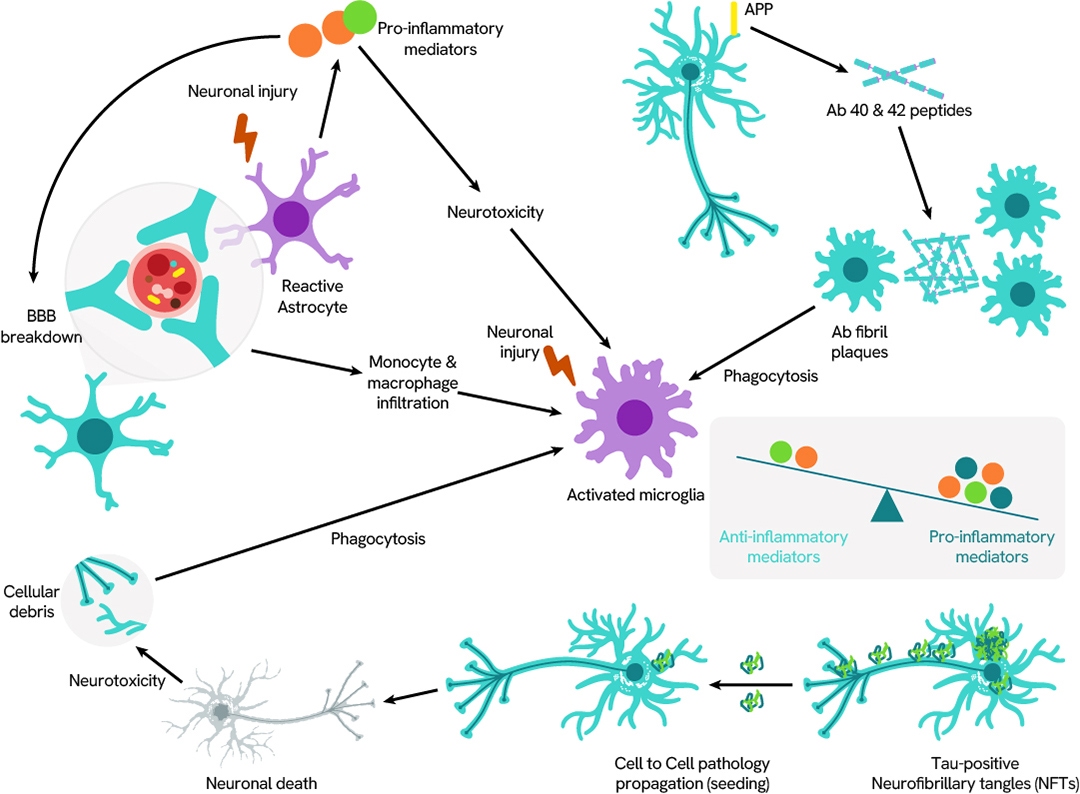

Parkinson’s disease
Boost you research on parkinson’s disease.
Boost you research on parkinson’s disease.
Dysfunction in protein homeostasis and/or the aggregation of certain proteins is the core of many neurodegenerative disorders. Protein inclusions within neurons represent the main indicator of diseases such as α-Synuclein in Parkinson’s Disease. One of the biggest challenges is to identify and detect key biomarkers of early-stage disease pathology and progression. Revvity develops assays to detect dysfunctions in neuronal mechanisms regulating protein degradation such as autophagy and mitophagy as well as key biomarkers in neuroinflammation, opening up new possibilities for the characterization of innovative treatments.
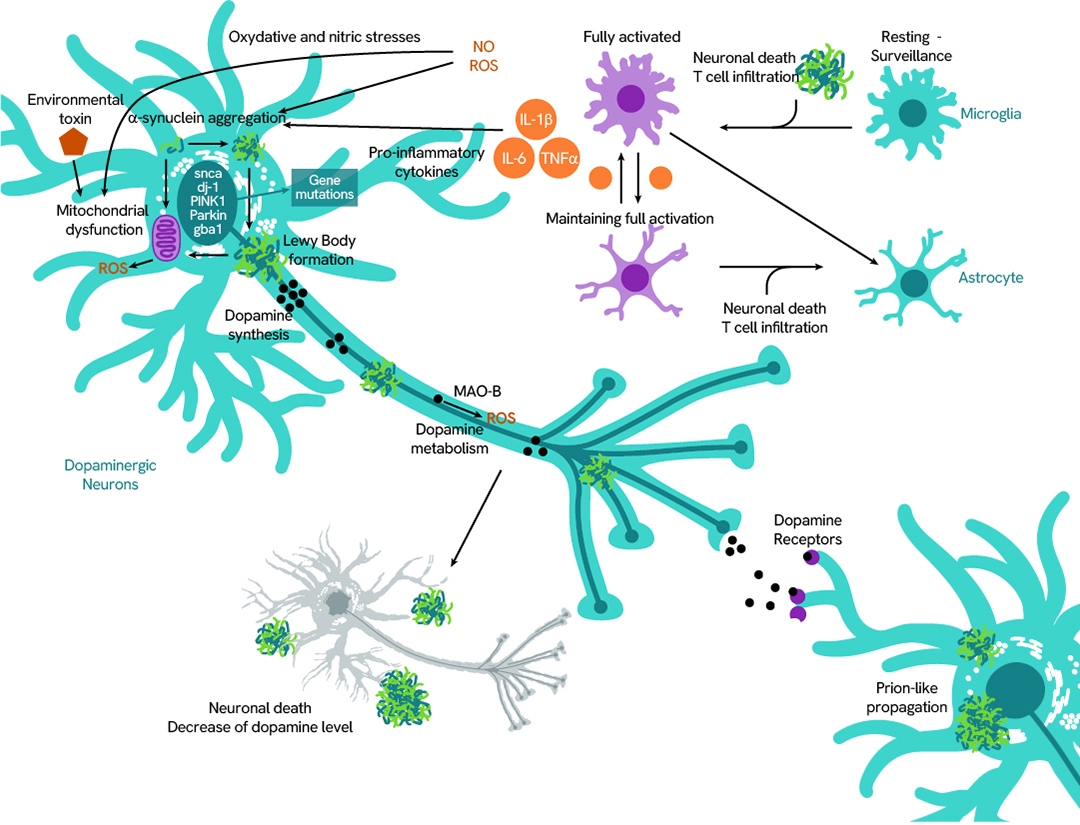
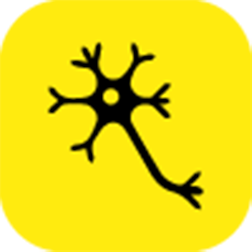
ALS and FTD
Transcending ALS and FTD research
Transcending ALS and FTD research
Amyotrophic lateral sclerosis (ALS) affects the motor system and causes progressive degeneration of nerve cells in the spinal cord and brain. This leads to muscle weakness and loss of motor function, including the respiratory system. Frontotemporal dementia (FTP) consists in the degeneration of cortical neurons and basal ganglia leading to the loss of cognitive abilities.
Despite different symptoms, ALS and FTD share many similarities at the molecular level.
We offer a wide range of solutions and reagents to study ALS and FTD.
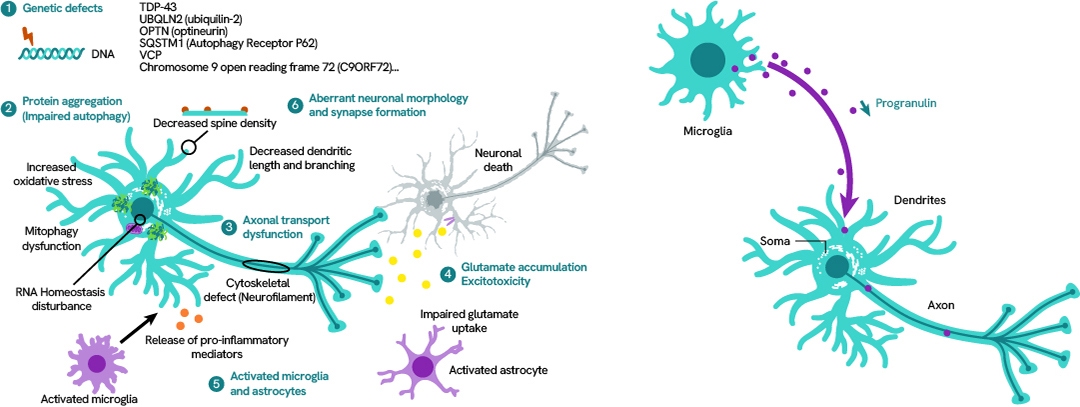

Rare diseases
Revvity’s offer on rare diseases
Revvity’s offer on rare diseases
Dysfunction in protein homeostasis and/or the aggregation of certain proteins is the core issue for many neurogenerative diseases, including rare diseases such as Spinal Muscular Atrophy and Friedreich’s ataxia.
We have developed a variety of assays to monitor the biomarkers involved in theses disorders.
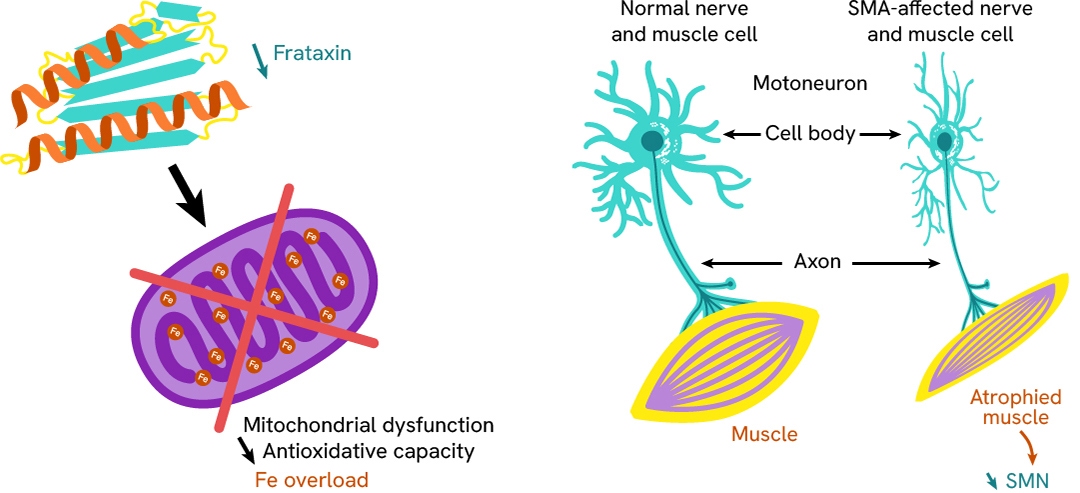

Neuroinflammation
Get the best from your neuroinflammation research
Get the best from your neuroinflammation research
Improvements in neuroinflammation disorder understanding has led to better investigations of the pro and anti-inflammatory balance among transmitters that manage microglia and astrocyte cell behavior toward neurons. Revvity’s assays have been successfully used in this field for many years, demonstrating high relevance for the various requirements and formats of drug discovery.
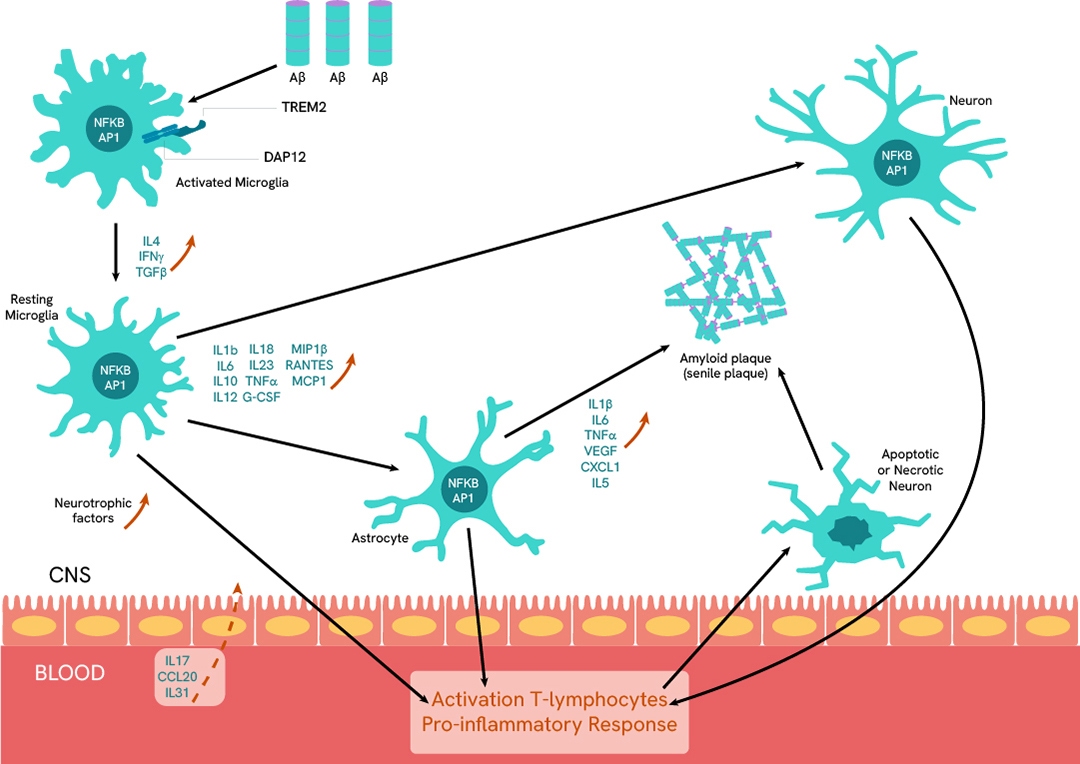
Featured resources






























